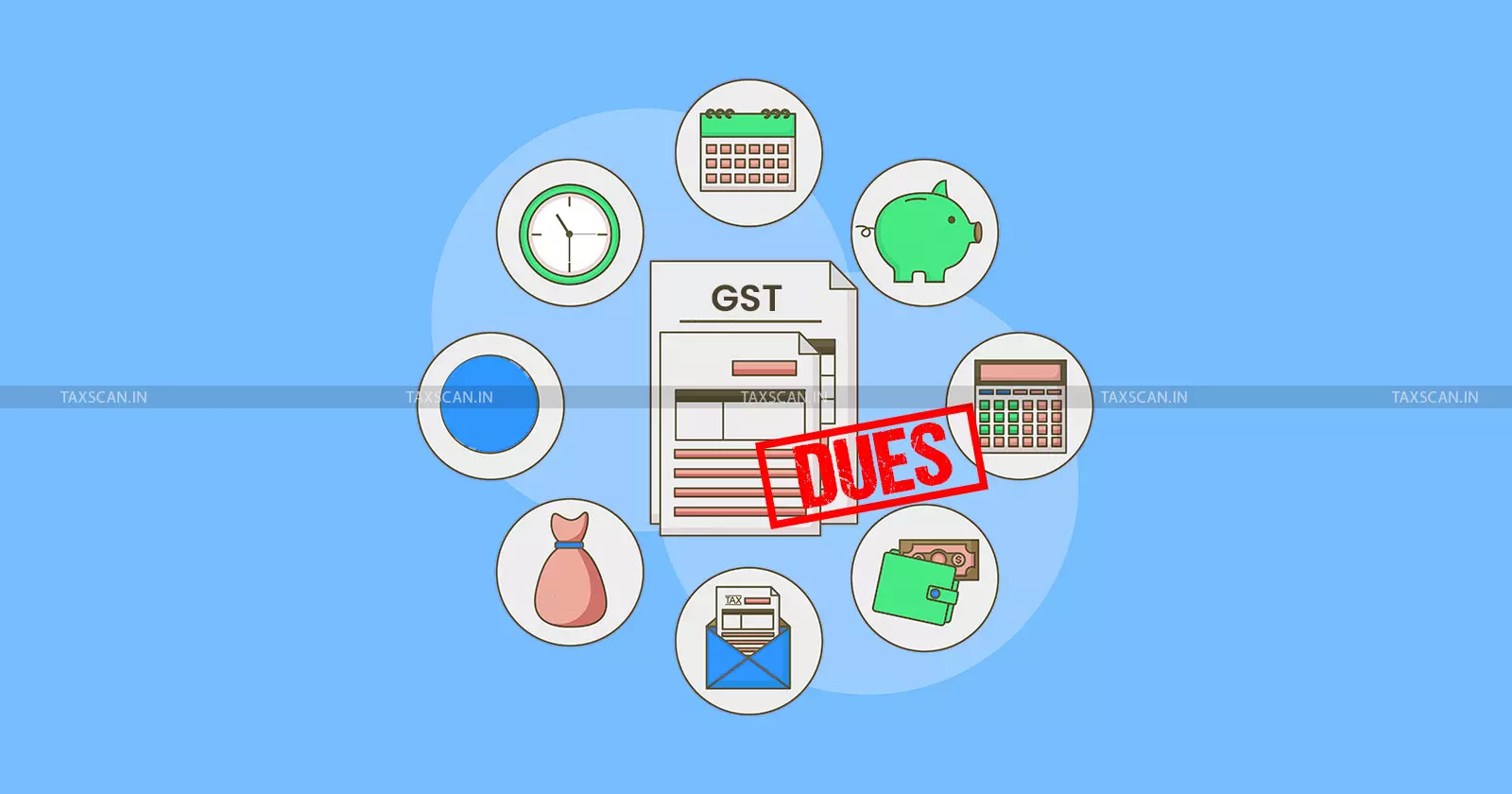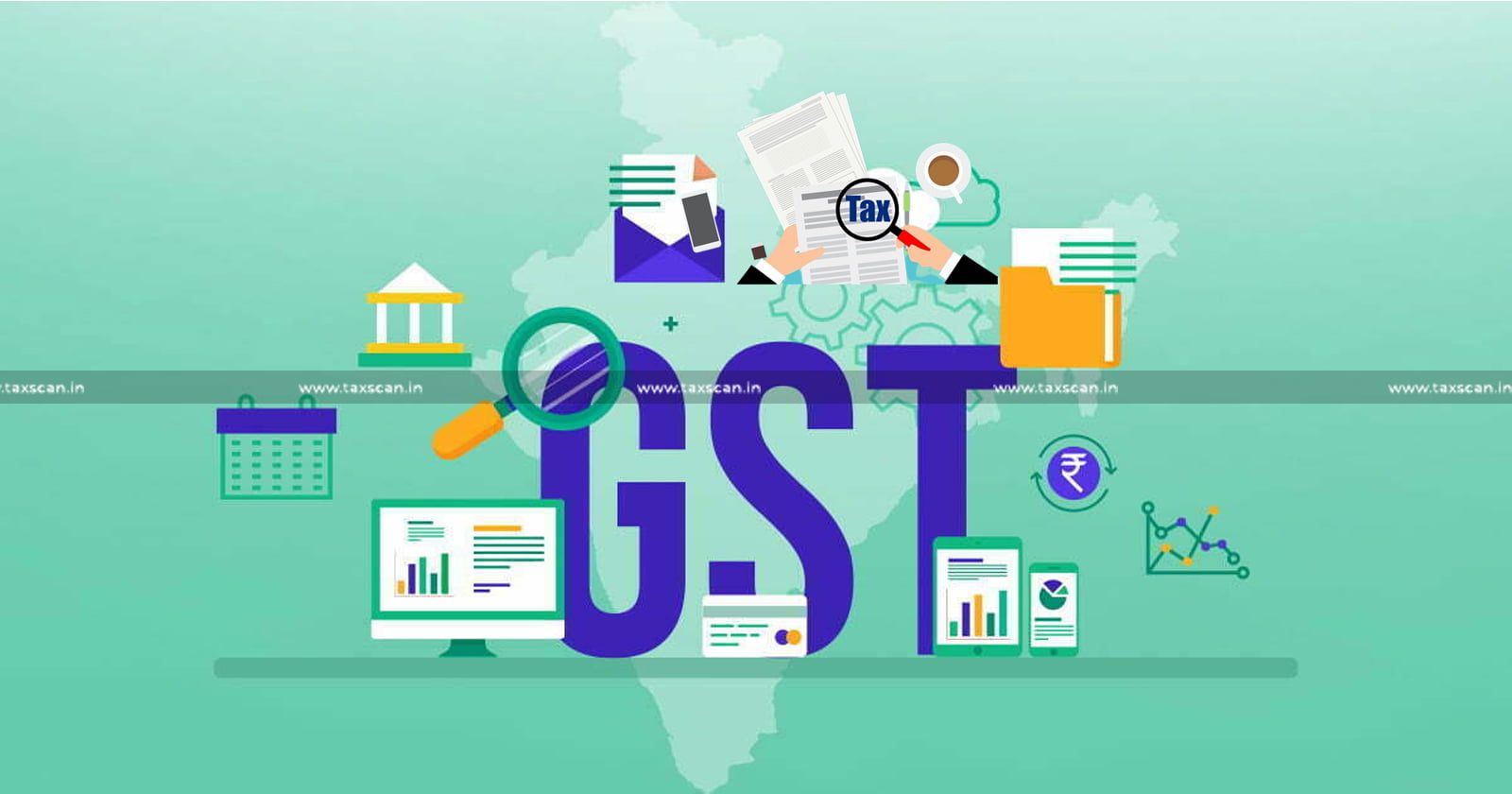Is an Ex-partner of Liable to Pay Firm’s GST Dues Post-Retirement? Yes, Know How
A retired partner may unexpectedly get tax notices for a firm they are no longer associated with if they failed to make sure that the correct retirement notification was sent to the GST Department

Can a partner, who has already retired from a firm, still be held liable for the firm's GST dues? The answer is a ‘YES’, however, subject to specific conditions under Section 90 of the Central Goods and Services Tax (CGST) Act, 2017.
When Ex-Partner is Liable to Pay Firm’s GST Dues Post-Retirement
The ex-partner is liable to pay firm’s GST dues even after retirement is when he fails to inform about his retirement to the ‘Commissioner.
Section 90 of the CGST Act reads: “Notwithstanding any contract to the contrary and any other law for the time being in force, where any firm is liable to pay any tax, interest or penalty under this Act, the firm and each of the partners of the firm shall, jointly and severally, be liable for such payment.”
According to the 1st part of the section, every partner, regardless of the internal agreement within the partnership, bears joint and several liability for the firm’s GST dues. This means that if a firm defaults on its GST obligations whether related to tax, interest, or penalty each partner individually and collectively is liable to pay the full amount. The authorities have the legal power to recover the dues either from the firm’s assets or from the individual assets of any of the partners, including former partners, under certain conditions.
In the provision, the legislature has provided two important provisos
As per the reading of the 1st and 2nd provision of Section 90, the partner has to intimate about the retirement to the commissioner and i f no such intimation is given, then he shall be liable to pay the liability until the date on which such information is passed to the commissioner.
 Also Read: Facing GST Attachment ? Court or Commissioner: Know whom to Approach First with Judicial Ruling
Also Read: Facing GST Attachment ? Court or Commissioner: Know whom to Approach First with Judicial Ruling
Illustration
For example, if a partner retires on 1st January but the Commissioner is informed only on 1st April, that partner would remain liable for GST dues not only up to 1st January but also for the additional period until 1st April. Thus, the partners should be very much informed about their duty to inform about their retirements as soon as possible to avoid further liabilities.
Why is intimation to the GST department important
It is very common for issues to arise between partners after retirement, especially when the firm is facing scrutiny or when new assessments are made. The GSTdemands are sometimes raised months or years after the transactions have occurred.
A retired partner may unexpectedly get tax notices for a firm they are no longer associated with if they failed to make sure that the correct retirement notification was sent to the GST Department.
Judicial Ruling: Harvinder Singh vs State ofPunjab and others, CITATION: 2025 TAXSCAN (HC) 1523
In this ruling, the Punjab and Haryana High Court has held that a retired partner of a firm remains liable for the firm’s GST dues unless proper and timely intimation of retirement is given to the Commissioner, as mandated under Section 90 of the CGST Act, 2017. The case involved Harvinder Singh, a former partner of M/s Foreigners Auto Zone, who challenged a recovery notice seeking ₹37.84 lakh in tax dues.
Despite his claim of retirement from the firm on 20.04.2021, the Court found that neither the petitioner nor the firm provided written notice of retirement to the Commissioner within the statutory one-month period. The Court emphasized that failure to notify prolongs the retired partner’s liability until such intimation is officially received.
A division bench comprising Justices Lisa Gill and Sudeepti Sharma rejected the writ petition, observing that the petitioner’s own brother remained an active partner and there was no evidence that the petitioner made any effort to ensure statutory compliance post-retirement.
The Court reiterated that under the CGST Act, liability is joint and several unless explicitly extinguished by proper notice. In the absence of such compliance, and given the outstanding tax dues and failure to respond to statutory notices, the petitioner could not escape liability merely by claiming retirement.
Key Takeaways for Retiring Partners from this Article
- Write a written intimation regarding retirement to the GST Commissioner through the proper channel with the help of a CA or a tax practitioner
- Also, ensure the firm files a similar notice and updates GST registration details.
- Keep documentary evidence of retirement notice and acknowledgement in your locker.
- Settle all tax dues up to the retirement date or have the same contractually settled with the remaining partners.
- Also monitor GST filings and portal for a reasonable period of time.
Support our journalism by subscribing to Taxscan premium. Follow us on Telegram for quick updates


